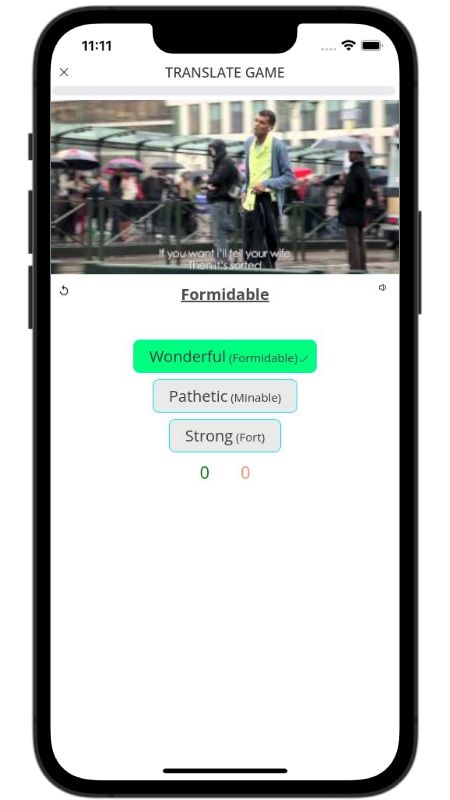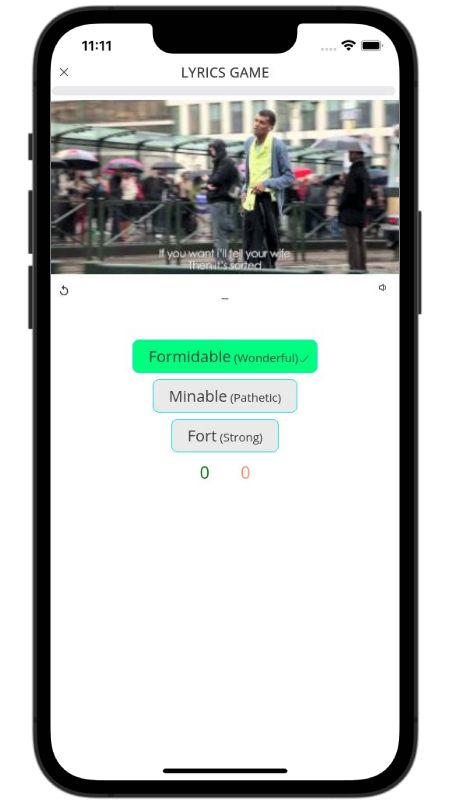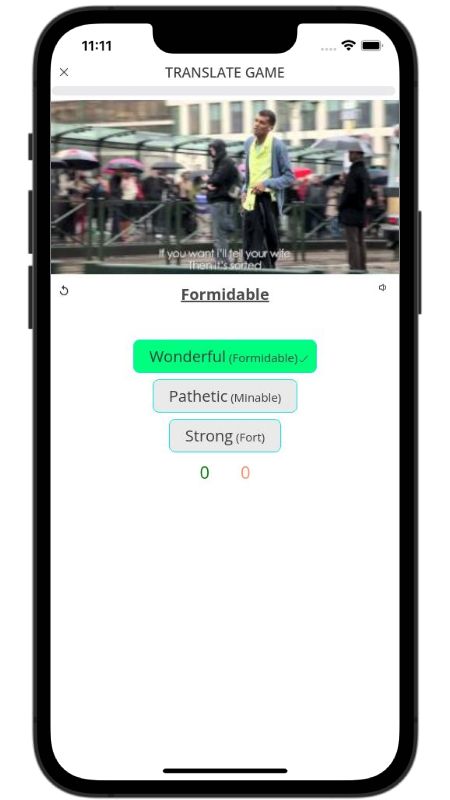Srabacane Lyrics in English Francis Cabrel
Below, I translated the lyrics of the song Srabacane by Francis Cabrel from French to English.
We thought we knew everything about love
Forever
Our bodies by heart
And our hearts warm
In velvet
And then there you are, slip of a woman
Like shot from a blowpipe
Even the sky has a different glow
Since you
Men keep chasing that time
That's been racing forever
Now you arrive
And everything lights up
Along my path
Hanging on my neck like a vine
Like the reed of the blowpipe
The sky's split open in places
Since you
No need for words
Or long speeches
It changes everything inside
It changes everything around
Gone are the mornings with stalled eyelids
Heavy like
Butane bottles
I've almost lost my own head
Since you
No need to make long speeches
It changes everything inside
It changes everything around
Just never drift
Farther than a blowpipe shot
I've almost lost my own head
Since you
So there you are, slip of a woman
Like shot from a blowpipe
The sky's split open in places
Since you
since you
Did you like this lyrics translation?
Did you know?
In addition to reading lyric translations, you can now learn French with music and lyrics from your favorite artists.
No more boring lessons. You can now learn with engaging and culturally relevant lyrics from the best artists.
Apple and App Store are trademarks of Apple Inc.
Google Play and the Google Play logo are trademarks of Google LLC.
iOS AppAndroid AppWeb LessonsFree PDF WorksheetsJoin ClassroomLyrics TranslationBlogAbout UsBuy as GiftLifetime











